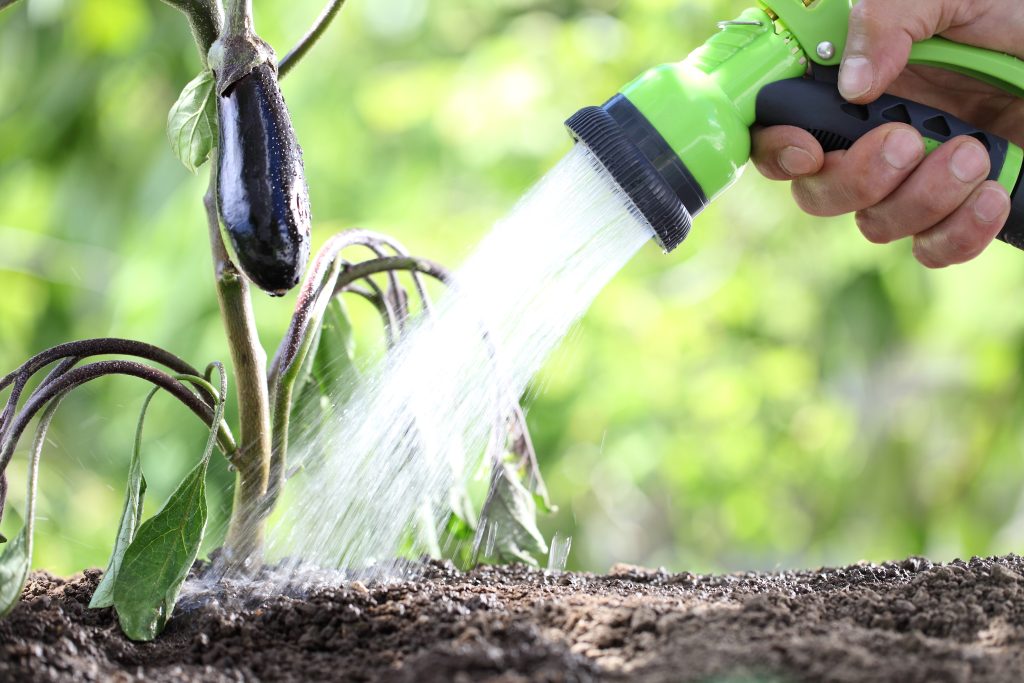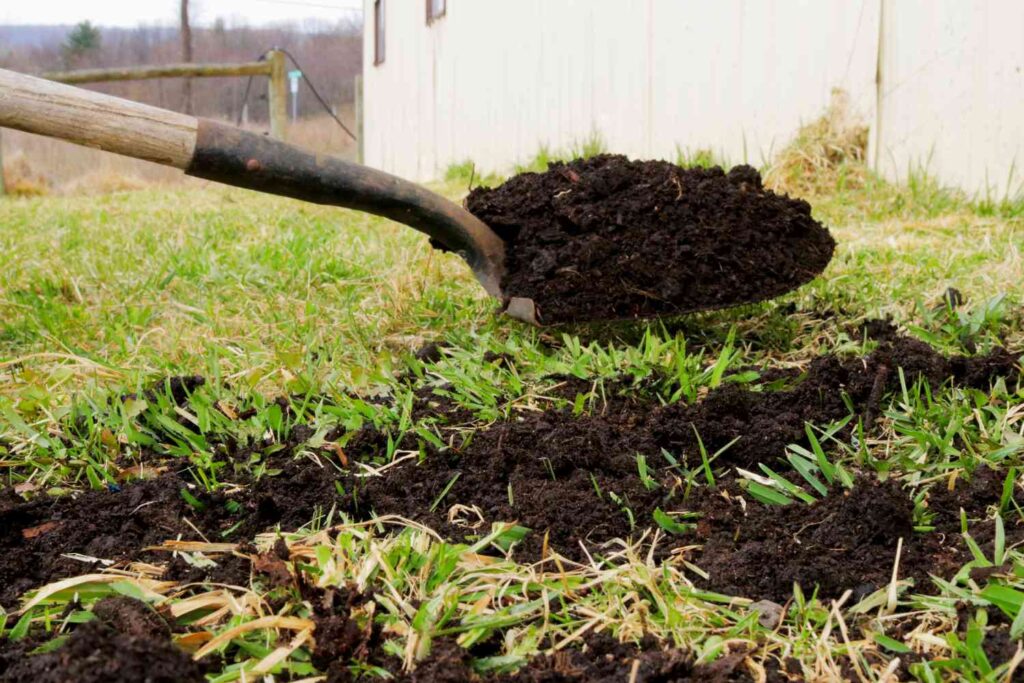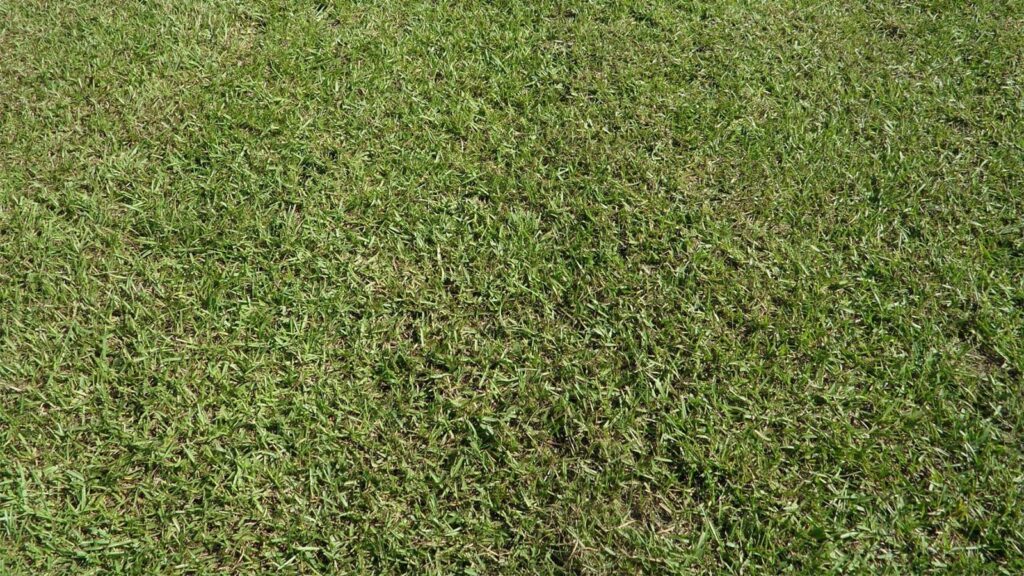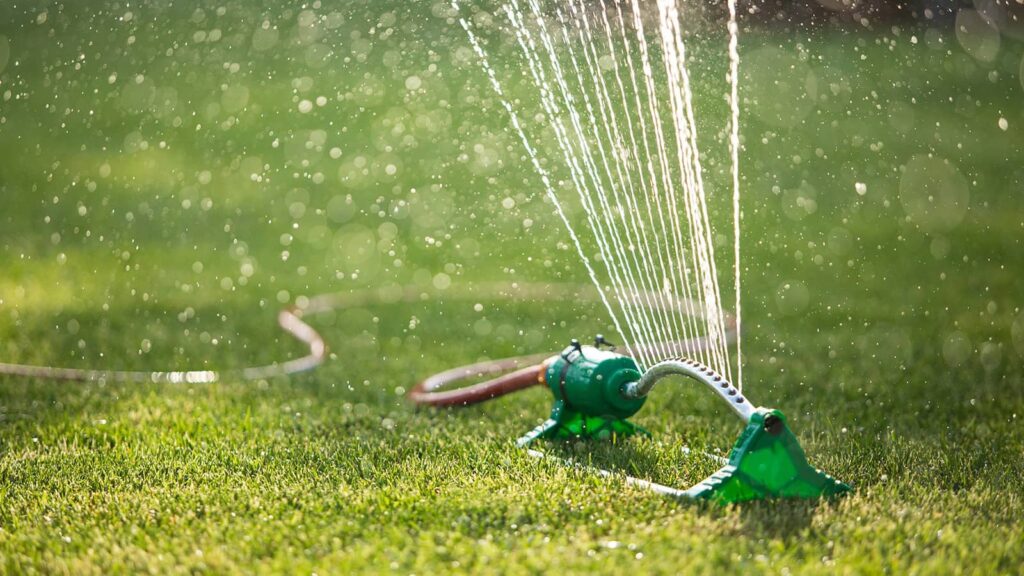Fire up that garden hose because it’s summertime, and we’re here to teach you how to water your garden while combating the harsh summer heat. The biggest thing to keep in mind is that summer brings rising temperatures that could potentially dry out your summer vegetables and flowers.
How do I water my summer garden?
Encourage deep root growth by always watering the root of your plants. Plants benefit much more from slow, deep watering that is directed to the base of the plant at the root. This ensures that the roots’ growth is aimed away from the warm soil surface where water evaporation is more likely to occur. If you have moist soil 5-6 inches below the surface, you are doing your summer garden a service.
It is also crucial to avoid wetting the leaves of your plants as well as the outside of fruits or veggies. Wet leaves, especially in warmer temperatures, encourage the growth of fungi, insects, and other harmful diseases. When watering your garden, make sure to give your leaves enough time to dry off before it gets too hot. Watering wands do a great job directing water right to the root and helping avoid wetting foliage.
What time of day should I water my garden?
Early morning, between 5-10 a.m., is the ideal window for watering because it optimizes moisture capacity. This gives the water plenty of time to soak into the soil throughout the day and minimizes the risk of evaporation from rising afternoon temperatures. Sunlight is weaker, roots are cooler and early watering gives leaves enough time to dry off if they have water on them.
Your second option is to water in the early afternoon. Just make sure there is enough time for the leaves to dry out before the sun goes down. Never water in the middle of the day because this will increase the risk of the water evaporating and drying out your soil.
How often should I be watering my summer garden?
Ideally, you want to water your garden two-to-three times a week, ensuring that it’s given 1 inch of water per week, whether that’s from a rain event or supplemental water. Rain gauges are a useful tool in giving you an estimate of how much more you should water your plants need in a given week. Container gardens require more frequent watering because pots hold heat, causing summer crops to dry out faster than when in the ground.
Pay special attention to those summer vegetable plants because they may need more watering than the rest of your garden. Veggies need constant watering in order to produce. Otherwise, dry rot and cracked skin can occur.
How do I know if my garden needs watering or not?
There is such a thing as too much! Overwatering your garden can clog up the soil and block the roots from getting the oxygen it needs to drink up the water. Even if the topsoil feels dry, there still could be a sufficient amount of moisture below. Poke your finger a few inches below the surface of the soil to feel if the root zone is moist or not.





